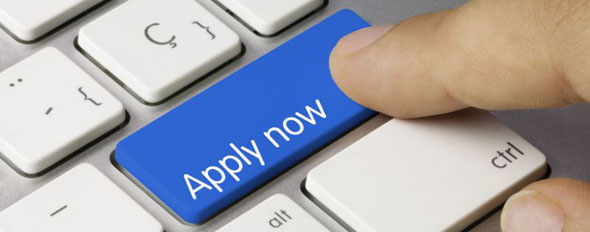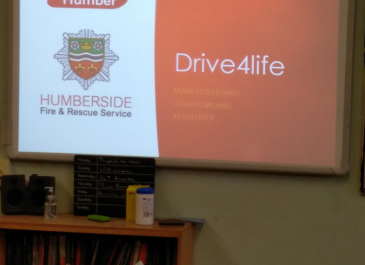ICT
Cambridge Technical in IT Level 3 (CTECH)
Cambridge Technicals are aimed at young people aged 16 to 19 who have completed Key Stage 4 of their education and want to study in a more practical, work-related way. The Cambridge Technicals in IT take an in-depth look at IT that’s all around us, providing students with a theoretical background reinforced with skills that transfer into the modern workplace.
What Will I Learn On This Course?
Learners will take five units, made up of three mandatory and two optional units.
All learners will study the following two mandatory units; Fundamentals of IT and Global information. These units provide learners with an insight into the IT sector, as they investigate the pace of technological change, IT infrastructure, and the flow of information on a global scale, as well as the important legal and security considerations.
In addition, learners are required to complete three further units, one of which must be the designated mandatory unit for their chosen pathway, thereby ensuring that they are specialising in a specific area as part of their study programme.
Achievement of this qualification can support progression to go on and study in a Higher Education institution either on relevant IT degrees such as, Computing and Technology or Business IT or support progression on to other degree courses.
Fundamentals of IT (Unit 1)
Topic list:
This unit provides the underpinning knowledge and understanding to support other units in the qualification. Learners should study the basics of computer hardware and software, and information systems used by businesses. It is important that learners understand what is required from IT specialists in the working environment, and the importance of good communication skills along with the technology available to them.
The use of computer systems brings issues and it is therefore important that learners study the threats involved when using computer systems, and the ethical and operational issues that have to be considered to support their use.
Exam papers for this unit will include a short answer section and a section of extended questions.
80 marks
1 hours and 30 minutes written paper
25% of course
Global Information (Unit 2)
Topic list:
The purpose of this unit is to demonstrate the uses of information in the public domain, globally, in the cloud and across the internet, by individuals and organisations. You will discover that good management of both data and information is essential, and that it can give any organisation a competitive edge.
This unit will provide you with a greater understanding of how organisations use information sources both internally and externally and the types of information you will encounter. The skills gained by completing this unit will give you knowledge of the functionality of information and how data is stored and processed by organisations. You will also learn about how individuals use information of various types.
This unit will help you to understand the legislation and regulation governing information that flows into and out of an organisation and the constraints and limitations that apply to it.
You will also learn the relationship between data and information.
Knowledge gained in the study of this unit will also help prepare you for relevant industry qualifications such as VM Ware.
80 marks
1 hours and 30 minutes written paper
25% of course
Computer Systems - Hardware (Unit 18)
Topic list:
The aim of this unit is to enable you to understand how the components of computer systems work together. You will develop the skills needed to recommend appropriate hardware systems for various purposes. Using the skills developed you will build/upgrade a full computer system with a view to testing and considering preventive maintenance procedures.
This is an optional unit within the IT Infrastructure Technician and the Emerging Digital Practitioner specialist pathways. It is important that IT technicians and network technicians have in depth knowledge, skills and understanding associated with the installation, upgrade, troubleshooting and maintenance of hardware for computer systems. Computer systems and associated hardware is an important area within emerging digital technologies
Centre Assessed – Board Moderated Coursework
17% of course
Unit 5 Virtual and Augmented Reality
Topic list:
Virtual reality is a simulated environment that is intended to replicate the physical experience of being in places in the real or imagined worlds by giving the user sensory experiences that match those which would be experienced were the user actually in that environment. Augmented reality is the process of changing the user’s view of the real world in order to give them an improved, or more detailed, view of what they are seeing.
You will learn about both technologies and how they are used. You will research both technologies and design both a virtual and an augmented reality resource. Finally, you will use your research and skills learnt whilst designing and creating resources to suggest future applications for virtual and augmented reality.
Centre Assessed – Board Moderated Coursework
17% of course
Unit 12 Mobile Technology
Topic List
You may come to this unit as a proficient user of a mobile phone but you may be less familiar with other mobile technologies and their operating systems. The aim of this unit is to broaden your knowledge and understanding of the wider potential of mobile technologies and its consequences to people and businesses. This unit is as much about new technologies as it is about promoting critical analysis of existing situations and proposing better solutions.
Technical developments move quickly and legislation usually lags behind. Tutors are encouraged to incorporate relevant new developments and laws into this unit.
Centre Assessed – Board Moderated Coursework
17% of course

